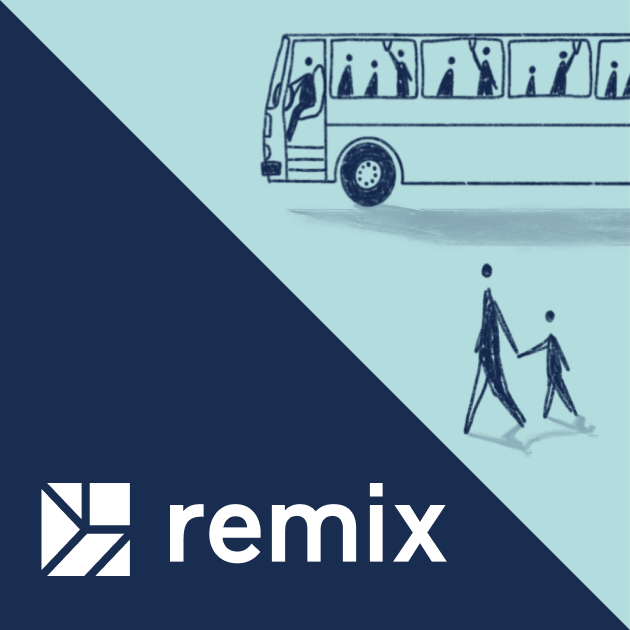Remix
Rescaling Data Layers
Client | Remix Software
Scope | Feature creation
Duration | June 2020 - August 2020
Role | Software Engineer Intern (Front-End)
Manager | Peter Hayes
Tools | Figma, Mapbox, React, Redux, Typescript
Context
Remix provides city planners design tools to build out public transit. One great feature that Remix gives users is the ability to superimpose census data over maps to have a better understanding of the impact that adding a transit route will have on certain communities.
Problem Statement
The data layers users would apply previously only included default legend cutoff values. This effect didn’t provide users with clear, specific information because a city planner in New York (very dense area) versus Northern New Mexico (very sparse area) would have cutoff values unsuitable for analysis.
My task was to scale data layers so that a city planner could “rescale” the legend cutoff values based on their area of interest.
Solution
I created a “Rescale” link text so that users could navigate to their area of interest, select a data layer, and click rescale if they wanted to have new cutoff values to analyze the data more specifically.
Using React, Redux, Mapbox, and Typescript, I learned how to update the legend based on the densities wrapped within the viewport. My team and I decided on this solution after iterating on the design that I created on Figma and understanding the importance of giving users agency on whether or not they wanted different legend cutoff values.
Takeaways
I learned a lot about empathizing with city planners, who think deeply about data telling stories to create systemic change at an infrastructure level. There is a lot to say about providing users with data that is accessible and prominent to make equitable decisions.
Remix thinks of the impact that data has on creating equitable transit, and this project clearly provided users with the opportunity to view specific data so they could analyze transit routes more efficiently.
By solving both a user need and a business one, this project reminded me of the importance of building software with community in mind.

